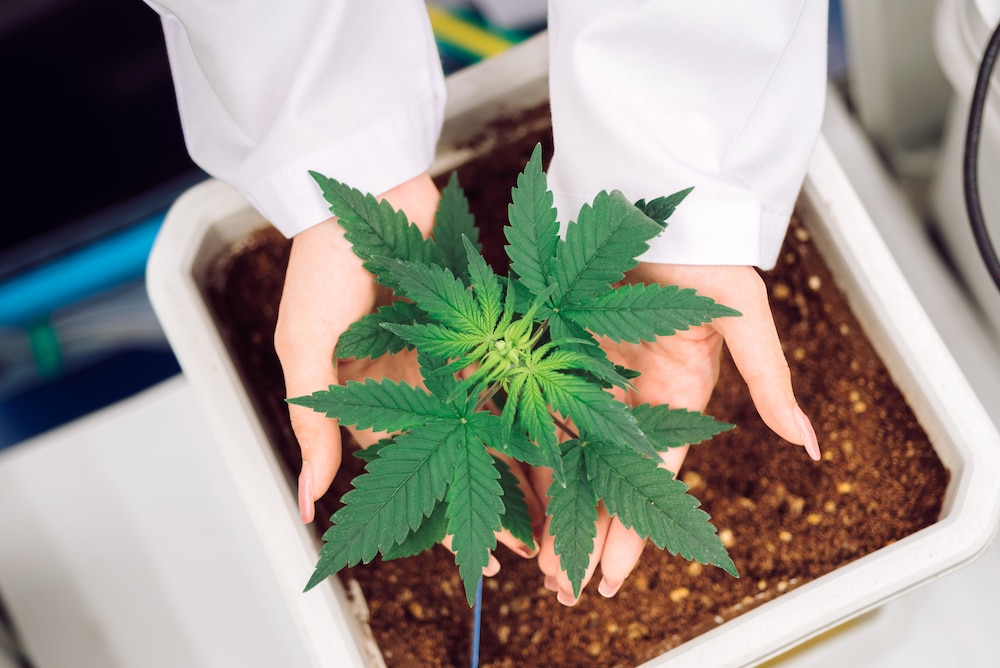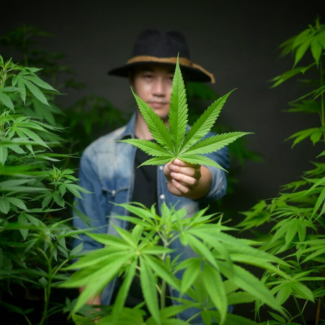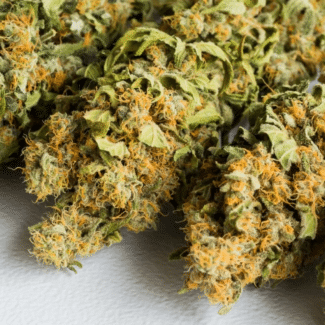Understanding Risk Management for Industrial Hemp Companies
This document provides an in-depth analysis of the various risks associated with industrial hemp companies, including agricultural, regulatory compliance, and financial risks. It emphasizes the importance of effective risk management strategies and insurance solutions tailored to the unique challenges of the hemp industry. Understanding these risks is crucial for cultivating a successful and sustainable business in this rapidly evolving field.

Industrial hemp may be the plant of the future. Fast-growing and carbon-neutral, hemp can reach harvest in four months and has dozens of manufacturing uses. From concrete to paper, food, and cosmetics, there’s no industry that hemp doesn’t touch.
But working in industrial hemp isn’t for the faint of heart. As with all aspects of the cannabis industry, you must manage risks and opportunities. Understanding your areas of exposure is the first step to managing and mitigating your risk.
Understanding Your Areas of Risk
Risk management is a tall order; however, breaking it down into five steps makes the process much more manageable. These steps for managing risks include:
- Identification
- Analysis
- Evaluation
- Tracking
- Treatment
Let’s focus on identifying risks for industrial hemp companies right now. Three significant exposures impact this industry, which include:
1. Agricultural Risks
Agricultural risks are those specifically related to the cultivation of industrial hemp. Several other risk categories fall under agriculture, which is most relevant to industrial hemp farmers.
- Production risk: Production risks include losing part or all of your harvest, experiencing a low-quality harvest, or dealing with broken machinery. Farming is inherently risky because you’re working with or against the elements of Mother Nature. Even the best-laid plans fall apart when facing inclement weather, plant diseases, or insect swarms.
- Marketing risk: Any new agricultural product has an inherent marketing risk, as price and demand are uncertain. After hemp was first legalized, a “hemp bubble” appeared as hundreds of eager farmers planted hemp, only to burst as the market bottomed out. The market is stabilizing as it ages, but the United States still lacks a robust manufacturing infrastructure for hemp, so more growth is needed for the hemp market to fully mature.
- Legal risk: There are many ways industrial hemp producers face legal risk. Growing a crop that “tests hot” or above the legal limit for THC is just one way. Facing nuisance lawsuits for growing “weed,” getting behind on permits in an ever-changing legal landscape, or dealing with crop loss due to theft are also legal risks.
- Human risk: Successful farms require large teams to run well. Working long hours in the hot sun or with heavy machinery requires careful concentration to avoid accidents. Creating a safe workplace can be a significant exposure in agriculture due to the variability of conditions (AKA Mother Nature.)
2. Regulatory Compliance Risks
Hemp’s status as federally legal doesn’t exempt industrial hemp companies from having to navigate complicated regulations.
Given the plant’s proximity to cannabis (and cannabis’ remaining status as a Schedule I substance), the industrial hemp industry walks a fine line between legal and illegal products. A few percentage points in the THC test can mean the difference between keeping your harvest or having it destroyed — another frustrating line for cultivators to walk.
Growing hemp requires hours of paperwork and meticulous record keeping to prove compliance. Many of these regulations come from a federal level and remain the same across the country. But there are also a host of local and state regulations to understand and comply with.
3. Financial Risks
Working with industrial hemp carries hefty financial risks for cultivators, processors, and other plant-touching businesses. Here are a few of those vulnerabilities:
- Harvesting and manufacturing hemp requires specialized machinery and manufacturing. This equipment is costly; fixing broken parts or replacing components can be expensive.
- Plant-touching industrial hemp businesses also face the risk of property damage. Many people don’t understand the difference between hemp and marijuana, which can lead to product theft by opportunistic people who want “free weed.”
- Industrial hemp businesses face the same risks from vandalism and natural disasters as other industries.
Each of these risks carries a high financial cost, damaging your bottom line if you aren’t adequately insured. These risks and uncertainty around market prices can make it hard for new businesses to predict profit at first.
And of course, hemp businesses are not exempt from the financial issues and lack of capital that pervade the cannabis industry. With the SAFE Act still stalled in Congress and financial institutions able to refuse cannabis companies, not having a safety net under your business could be the difference between weathering the storm or closing down.
Managing Your Risk With Insurance for Cannabis
The industrial hemp industry is full of passionate people who want to work with the cannabis plant – but passion isn’t enough to keep your business running in the face of so much exposure. A challenge many industrial hemp professionals must face revolves around how to treat the identified risks. (Step five in the risk management process.)
Insurance is the safety net that keeps your business running when (not if) something goes wrong. Insurance is essential, but working with a company that understands the cannabis industry is a game-changer. A team of experts on your side makes all the difference when you’re facing the plethora of risks that pervade the cannabis industry.
Recommended coverage for industrial hemp companies includes:
- General Liability: Protects companies against basic business risks
- Product Liability: Protects against claims alleging your product or service caused injury or damage
- Property: Reimburses companies for direct property losses
- Crop: Protects against the loss of a crop due to peril
- Workers’ Compensation: Covers employees if they are injured on the job and can no longer work
Protecting your cannabis company can seem confusing; however, we’re a full-service insurance brokerage working with carriers worldwide to offer you the best coverage possible. We’re here to help! Please reach out to us today by emailing [email protected] or calling 646-854-1093 for a customized letter of commitment or learning more about your cannabis insurance options.



